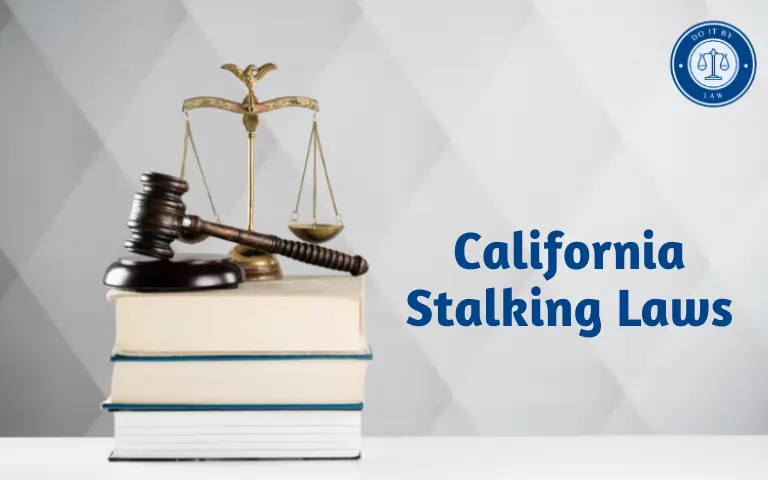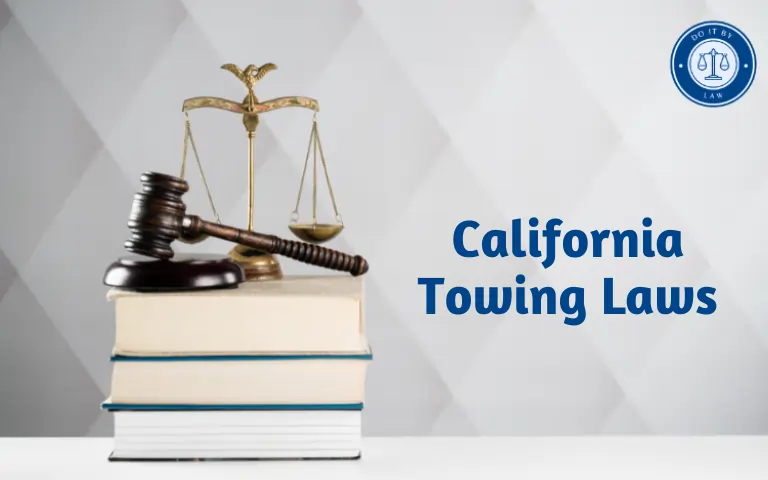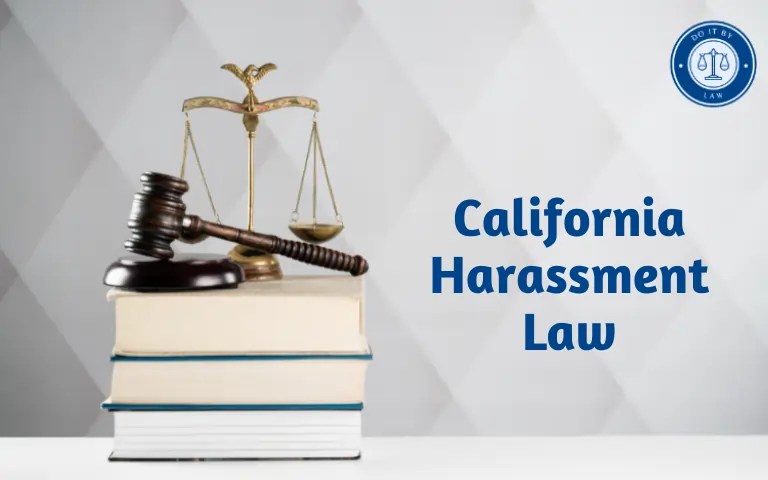California Stalking Laws: What You Need to Know
California Stalking Laws ain’t no joke, folks. The Golden State has some of the strictest anti-stalking statutes in the nation, so you best be careful if you tend to creepily trail people without their consent. I mean, who does that anyway? Don’t you have better things to do than obsessively follow someone around like a weirdo?
When the Law Was Enacted and Why It Exists
California State anti-stalking law, Penal Code 646.9, was enacted in 1990 to crack down on stalkers who torment their victims by repeatedly following, harassing, and threatening them. I know, shocking that this wasn’t already illegal!
The law came about after a series of high-profile stalking cases in California involving obsessed fans stalking and ultimately killing or attacking celebrities and public figures. These cases revealed gaps in existing laws that failed to adequately protect victims.
So in response, the stalking law was passed to criminalize this kind of threatening and harassing behavior that causes victims to fear for their safety. They wanted to stop stalkers in their tracks before they could escalate to physical violence. Makes sense when you think about it.
Who the California Stalking Laws Applies To
Penal Code 646.9 applies to any person who intentionally stalks another person and places them in reasonable fear for their safety or the safety of their immediate family.
So unless you are an emotionless robot, the law applies to you too! It doesn’t matter if you’re stalking your ex, a co-worker, a stranger, or your weird neighbor with the creepy lawn gnomes. Stop it!
The law also applies if you are stalking the object of your unhealthy obsession – you know who you are! Put down the binoculars and step away slowly with your hands where I can see them.
Key Provisions of California Stalking Laws
California’s anti-stalking law makes it illegal to willfully, maliciously, and repeatedly follow or harass another person while also making credible threats that place the victim in reasonable fear.
Let’s break down the keywords here:
- Willfully – This means you are intentionally stalking the person. You want to stalk them and you know you are doing it.
- Maliciously – You are stalking the person out of cruelty, hostility, revenge, or other unjustifiable motives rather than by accident or coincidence. Not cool.
- Repeatedly – This means stalking the person on more than one occasion. One time could potentially be explained away as an accident. More than that, and baby you got a stalking problem.
- Follow – This includes physically pursuing someone without their consent. Following them in your car, on foot, hiding in the bushes outside their house at night with your night vision goggles. You know, normal stalker stuff.
- Harass – This includes behavior like making unwanted phone calls, sending threatening messages, spying on them, trespassing on their property, vandalizing their things, etc. Essentially being a giant pain in their existence.
- Credible Threats – Threats that would cause a reasonable person to fear for their safety like threats of violence, death threats, threats to harm their family, threats to damage their property or pets, etc. You don’t joke about stuff like that, man.
So if you engage in this kind of unhinged behavior, you could be charged with stalking under California law. I suggest you resist the urge and go stream a rom-com instead.
Penalties for Violating California Stalking Laws
The penalties you face for stalking depend on how the crime is charged, based on the details of your case. Stalking can be filed as a misdemeanor or a felony offense.
If charged as a misdemeanor, you face:
- Up to 1 year in county jail
- A max fine of $1,000
- Misdemeanor probation
If charged as a felony, you face:
- 16 months, 2 years, or 3 years in state prison
- A max fine of $10,000
- Felony probation
If you violate a restraining order, the penalties increase. Prior stalking convictions or other stuff on your record can also bump the crime up to a felony.
And here’s a pro tip: don’t stalk anyone while in prison for stalking. Judges tend to frown upon that. You’ll end up there for a nice long vacation.
Recent Changes and Proposed Updates
In recent years, California has expanded and strengthened its stalking laws to account for modern forms of harassment via technology and social media.
Because stalkers gonna stalk, whether it’s in person or online. Sigh.
Key law changes include:
2014 – Made it illegal to use electronic tracking devices to stalk someone without their consent. So ditch the GPS tracker you put on your ex’s car.
2015 – Increased penalties if the victim is a minor. Stalking kids is even more frowned upon if you can imagine.
2017 – Made cyberstalking and “revenge porn” offenses chargeable under the stalking statute. So distributing explicit photos without consent can count as stalking.
2019 – Added stalking to the list of offenses that can be charged as domestic violence. About time!
2023 – A new bill proposed to expand the definition of stalking to include unwanted messages on social media and other digital platforms.
So in summary, the law continues to evolve to cover more stalking and harassment behaviors. The penalties are only getting steeper. Maybe think about taking up a hobby that doesn’t terrorize people. Like macrame or something.
Controversies and Challenges With California Stalking Laws
While California’s stalking laws aim to protect victims, there are some controversies surrounding them:
Overly broad definitions – Some argue the definition of stalking is vague and overreaching. Things like protesting or photographing people in public could be misconstrued as stalking, violating civil liberties.
Abuse of protective orders – Some claim false or exaggerated stalking allegations are used to obtain restraining orders against former partners, as revenge, or in custody disputes.
Under-enforcement – Victim advocates argue stalking laws still fail to protect adequately. Police often view stalking as a “relationship issue” rather than a crime until it escalates to severe violence.
The burden of proof – Stalking can be difficult to investigate and prosecute. Victims face skepticism and blame due to societal victim-blaming attitudes. Solid evidence is needed to prove reasonable fear and perpetrator intent.
Sentencing inconsistencies – Some judges issue light sentences for stalking, failing to take it as seriously as stranger crimes. Penalties vary widely across courts and individual cases.
So the controversy rages on! But one thing is clear – stalking ain’t taken lightly anymore.
Conclusion: Key Takeaways
To recap, here are the key things to remember about California’s anti-stalking law:
- Enacted in 1990 to get tough on threatening stalkers
- This applies to anyone who willfully and repeatedly follows, harasses, and threatens someone to the point of reasonable fear
- Penalties range from fines and probation to years in state prison
- Has been expanded over the years to cover more stalking behaviors online and off
- Remains controversial but is taken more seriously than in the past
So in conclusion, don’t stalk people! The end.







